
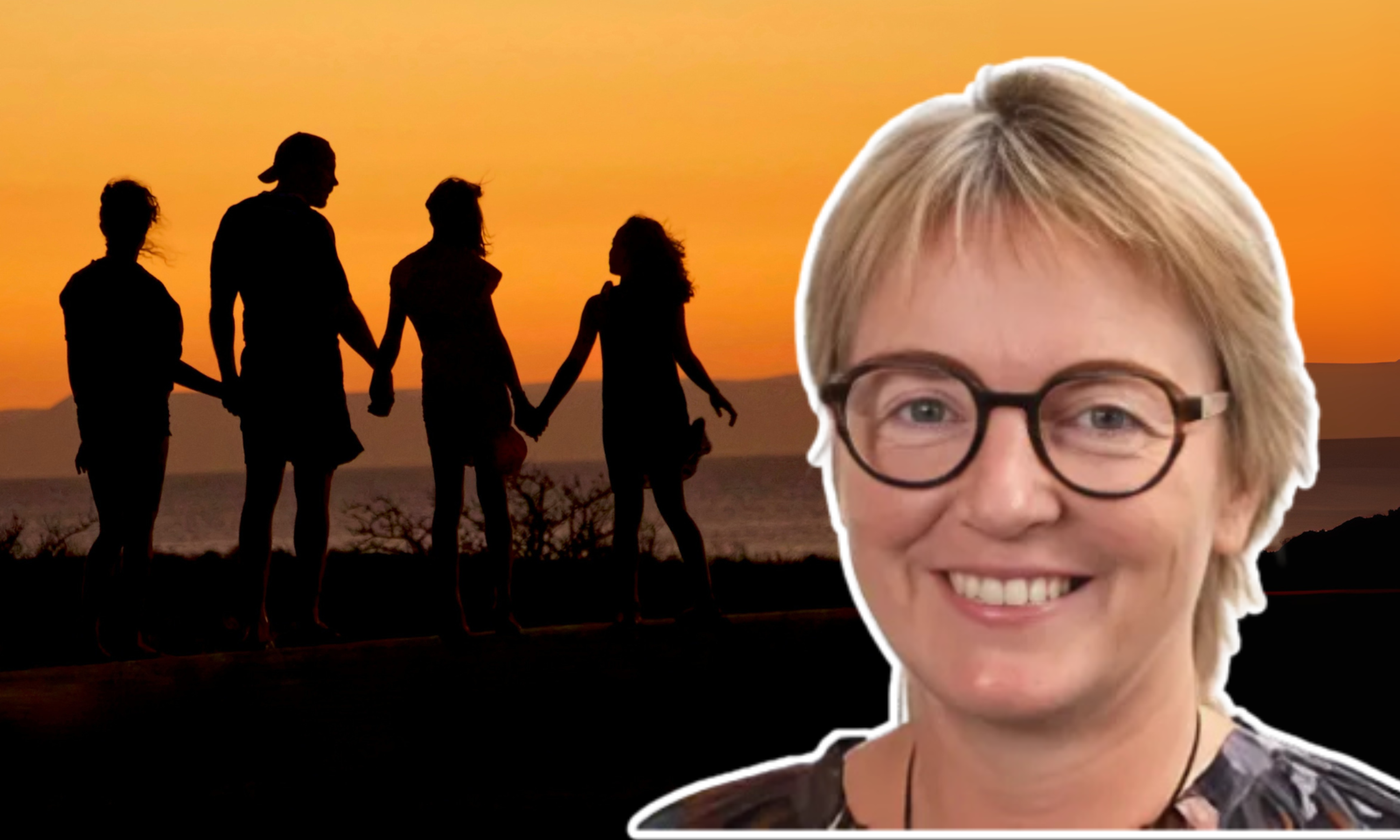
Associate Professor Polly Atatoa Carr says the drop in life expectancy for Pacific communities should sound alarm bells for decision makers.
Photo/Mike Scheid via Unsplash/University of Waikato
Pacific life expectancy drop ‘a wake-up call’, says health expert
Government data confirms life expectancy for Pacific people in Aotearoa is declining, prompting calls for urgent and equity-focused action.


US funding cuts threaten to 'dry up' future of Pacific scientists - expert
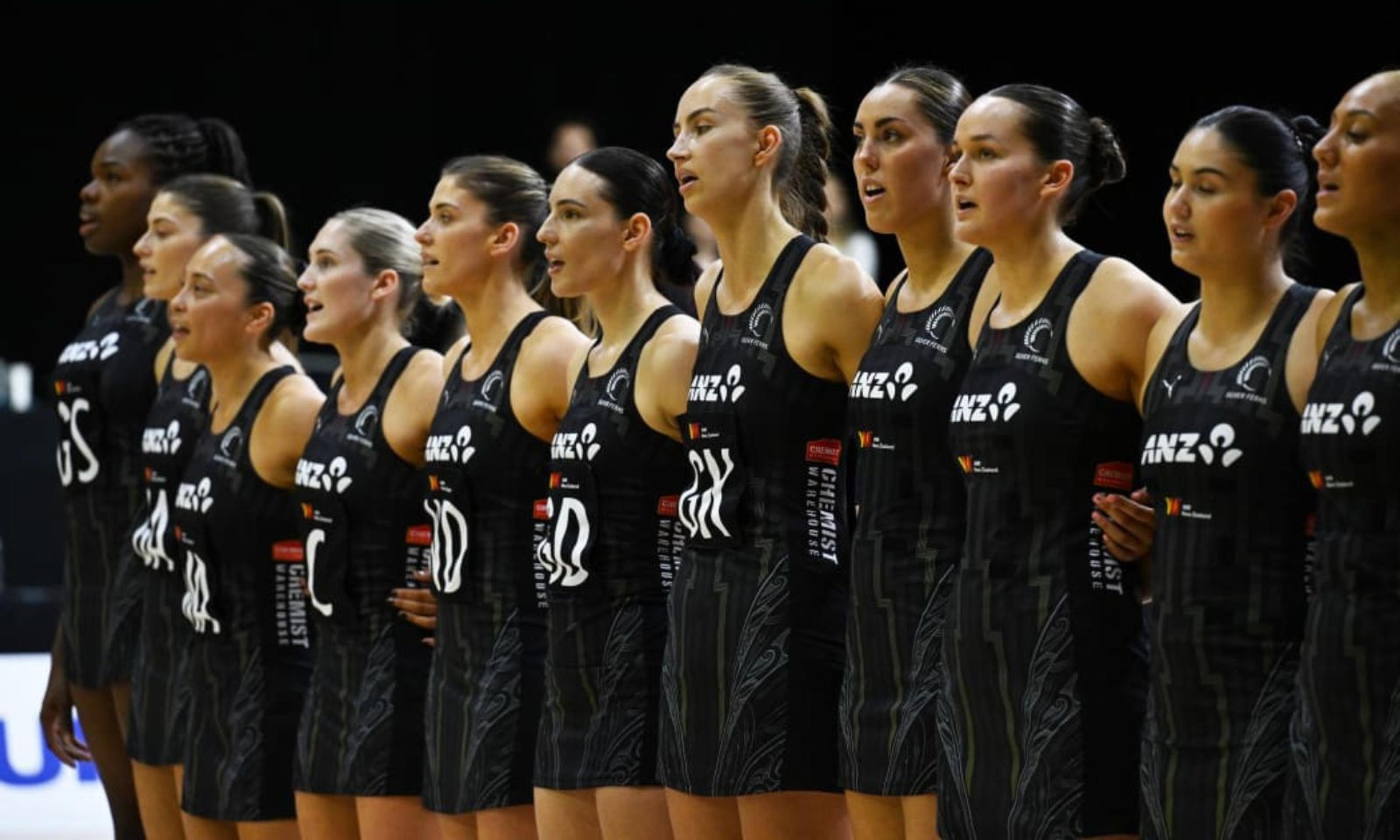
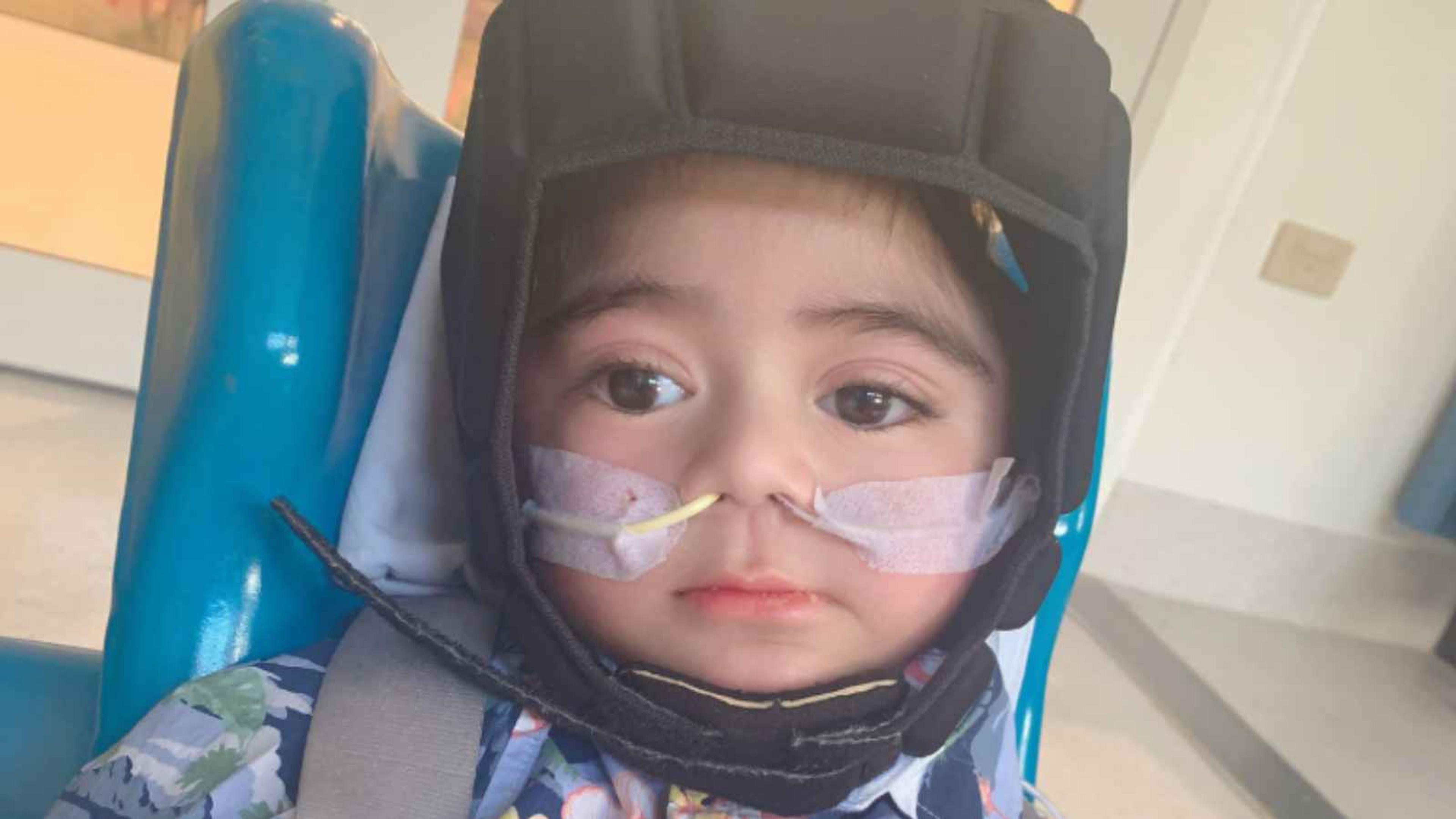
Immigration reassesses toddler's declined visa request as Children's Commissioner steps in

Inked across lands: How Pacific tattoo art is thriving in Germany

US funding cuts threaten to 'dry up' future of Pacific scientists - expert


Immigration reassesses toddler's declined visa request as Children's Commissioner steps in
Recent data from Stats NZ shows that life expectancy for Pacific men has fallen by six months, now at 74.9 years.
For Pacific women, the decrease is just over two months, bringing their life expectancy down to 78.9 years.
Dr Polly Atatoa Carr, an Associate Professor at the Institute for Population Research at the University of Waikato, says these figures should act as an alarm bell.
“It’s yet another wake-up call that we’ve got a lot of work to do in order to achieve health equity in our communities,” she says.
“When comparing our death rates in 2022-2024 with those from 2017-2019, we see that our Pacific life expectancy for men has dropped by 0.5, or half a year.”
She says the data reveal a widening gap in life expectancy: Pacific men live an average of five years less than men in the general population, while Pacific women live four years less than women overall.
Atatoa Carr says the decline in life expectancy reflects real-world inequities, reinforcing the need for a renewed focus on proven interventions that can improve both the length and quality of life.
“Things like: comprehensive primary care, which we can ensure is culturally appropriate and accessible, cancer screening at appropriate ages, immunisation for our communities, checks for diabetes, cholesterol, cardiovascular disease, et cetera.
“But also those interventions outside of the health sector, like having a warm, secure and dry house that is fit for our population, and ensuring our incomes don't result in things like food insecurity or hardship that we know contributes importantly to these life expectancy losses.”
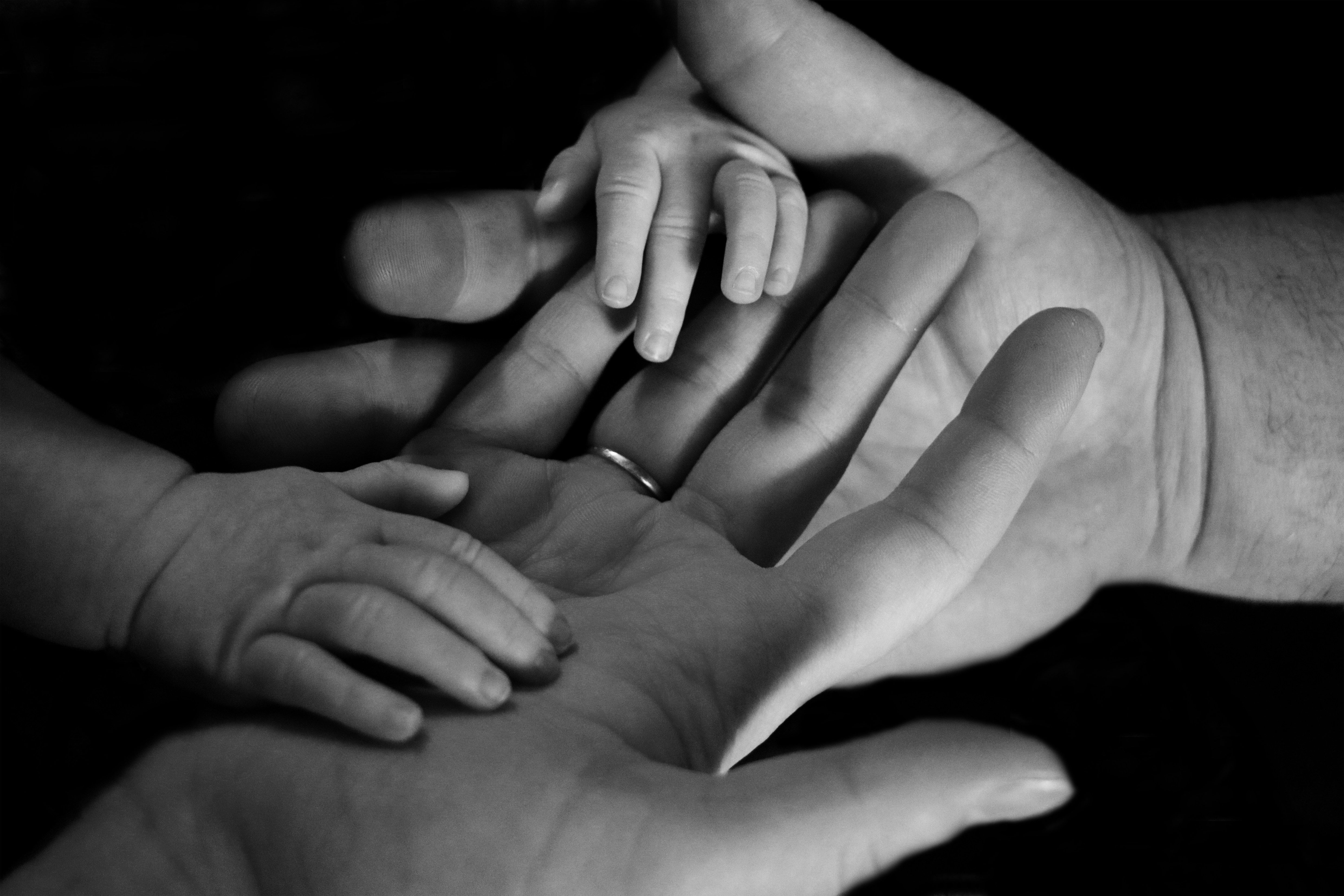
Photo/ Liv Bruce via Unsplash
Living a long, healthy life
Atatoa Carr says ethnic-specific data is vital for creating effective, pro-equity solutions that benefit all of society.
She contends that investing in equity is not only a moral obligation but also a wise economic strategy.
“It’s very expensive for a society to have parts of the community with high rates of cardiovascular disease, diabetes, or mental health issues.
“If we invest in the preventative measures that come long before these death rates, housing, education, income support, and healthy food, we make enormous economic gains because we’re not spending as much on preventable issues later on.”
As the government considers raising the retirement age to 67, Atatoa Carr warns that the proposed change holds different health implications for Pacific and Māori communities.
“These reports measure death rates, but they don’t capture quality of life. And if we already have lower life expectancy, we’re also looking at a shorter period of healthy, active life.
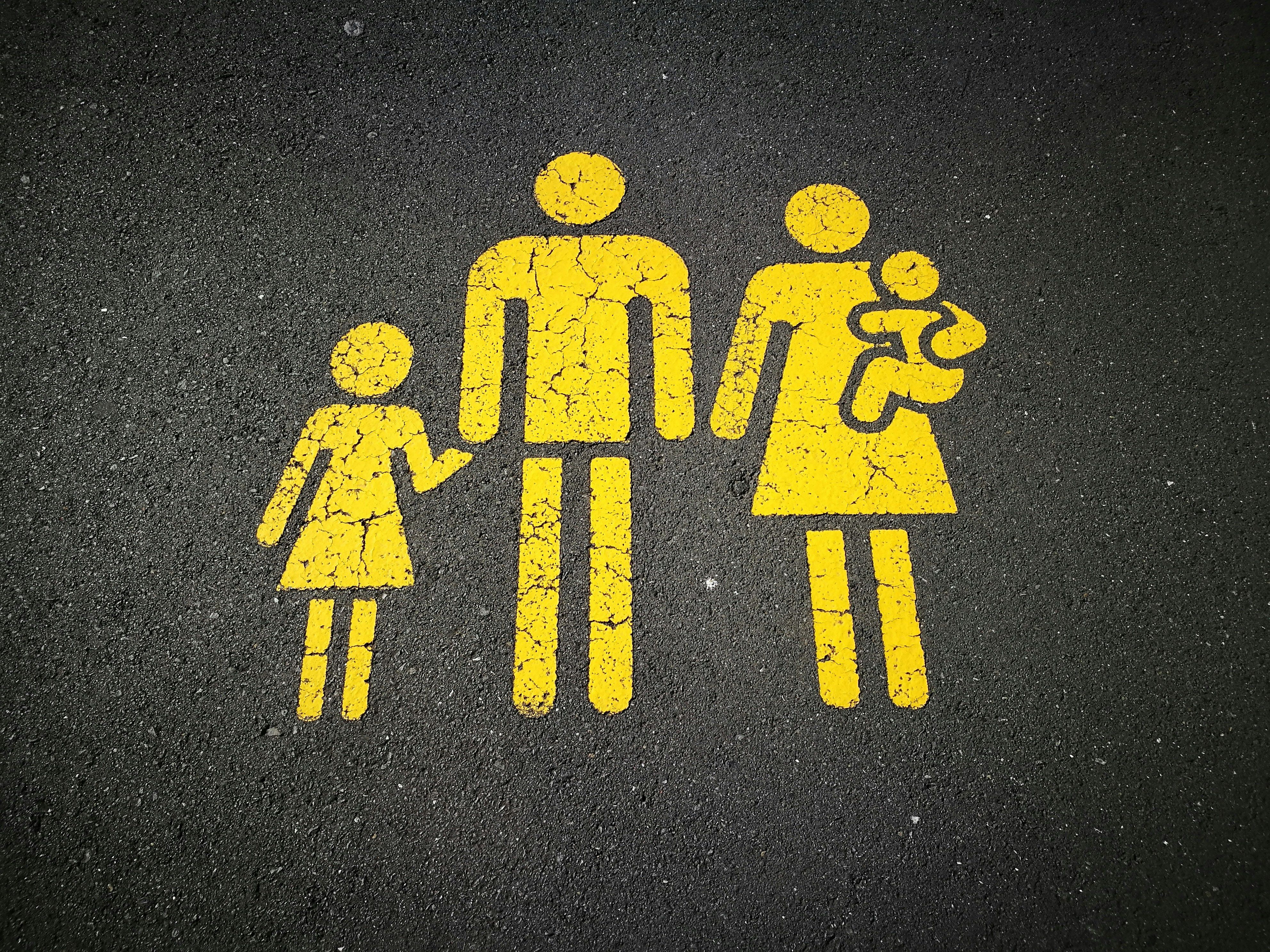
Photo/Sandy Millar via Unsplash
“We also know that our Pacific and Māori communities are often in occupations which are much more challenging for health outcomes.”
Atatoa Carr says funding should be invested in a pro-equity manner, ensuring that our Pacific and Māori communities can achieve the most significant health improvements.
Small increase in life expectancy for other ethnicities
While life expectancy for the general population has seen minimal change, with males gaining just 0.1 years and females remaining static, Māori life expectancy has increased by 3.1 years since the 2005-2007 period.
Listen to Polly Atatoa Carr's full interview below.
Victoria Treliving, a spokesperson for population estimates at Stats NZ, says the increase in life expectancy has generally slowed.
“The increase in life expectancy over the last five years is the smallest since the early 1960s, when it dropped for males. It also follows a relatively small increase of 0.5 years for males and 0.3 years for females between 2012–2014 and 2017–2019.
“Across all ethnic groups, male life expectancy has increased faster than for females.”